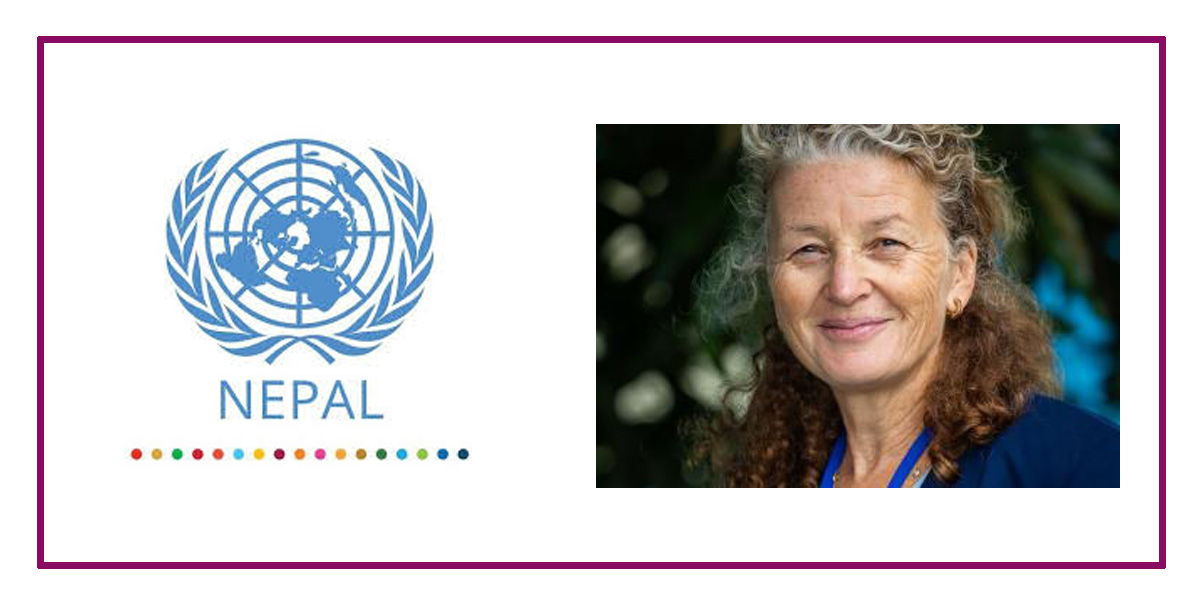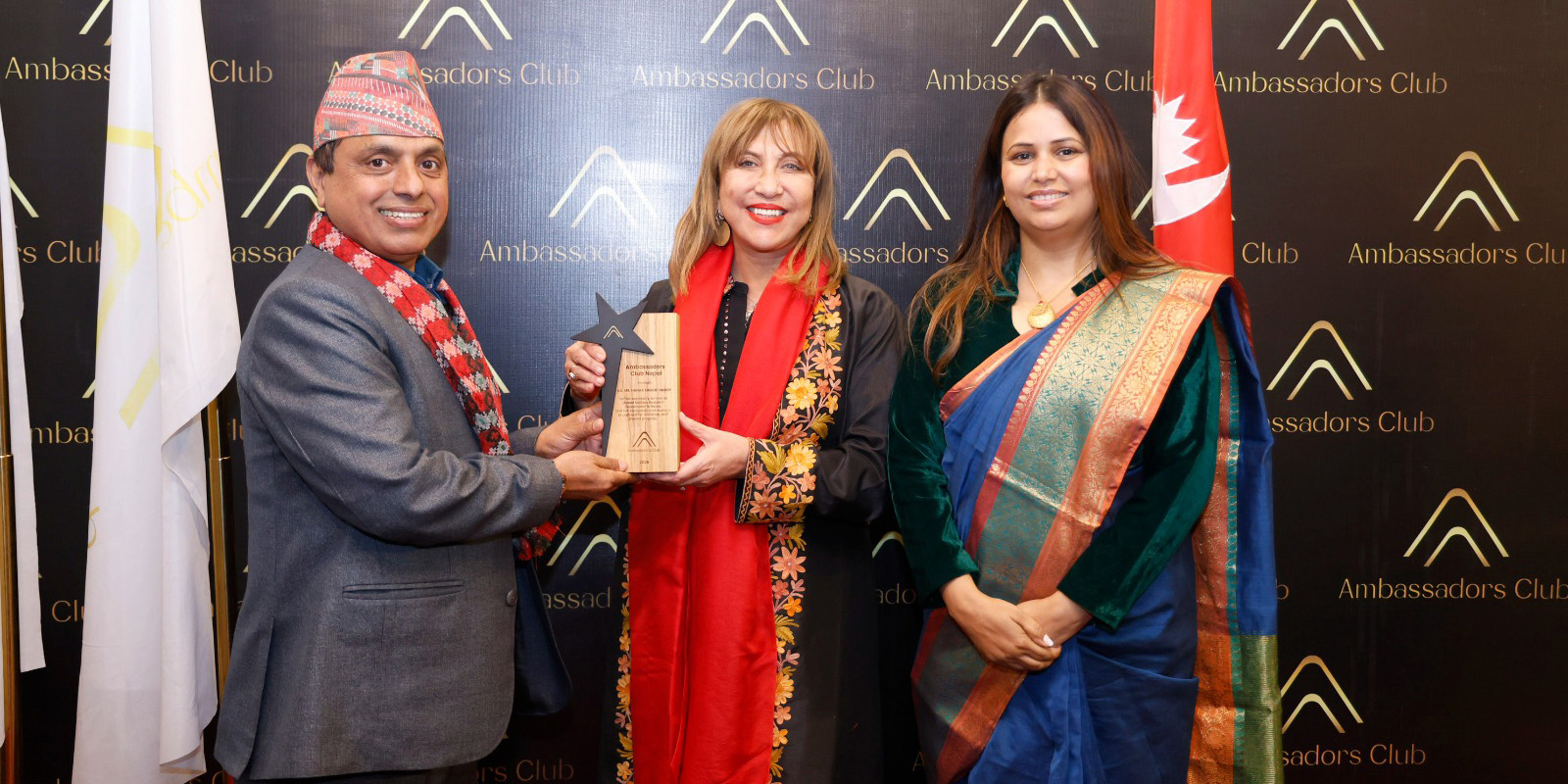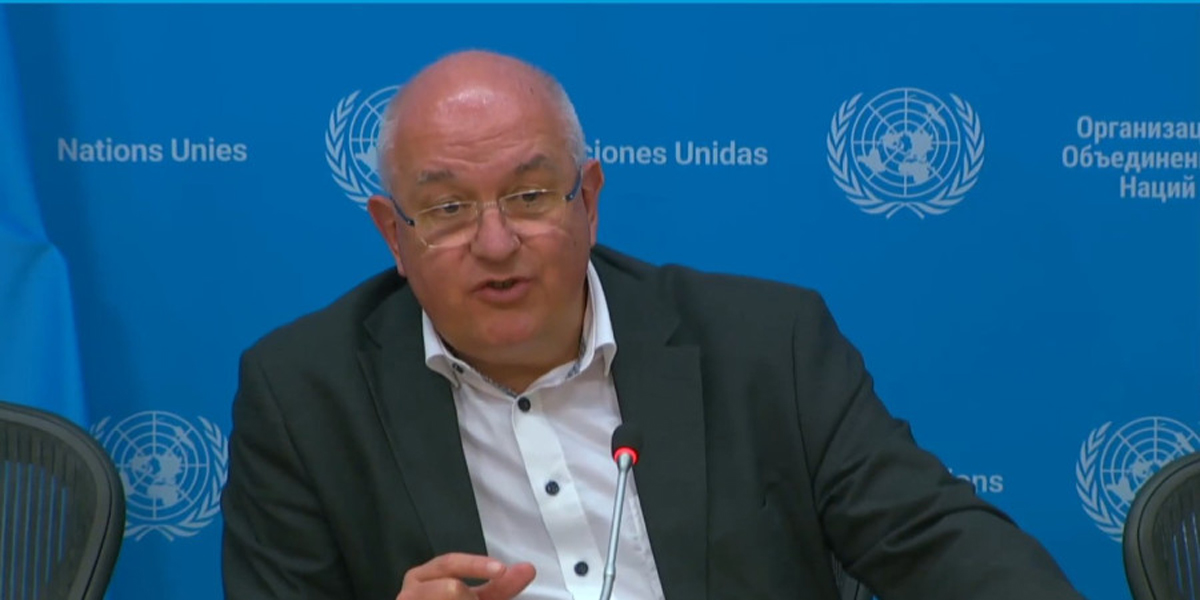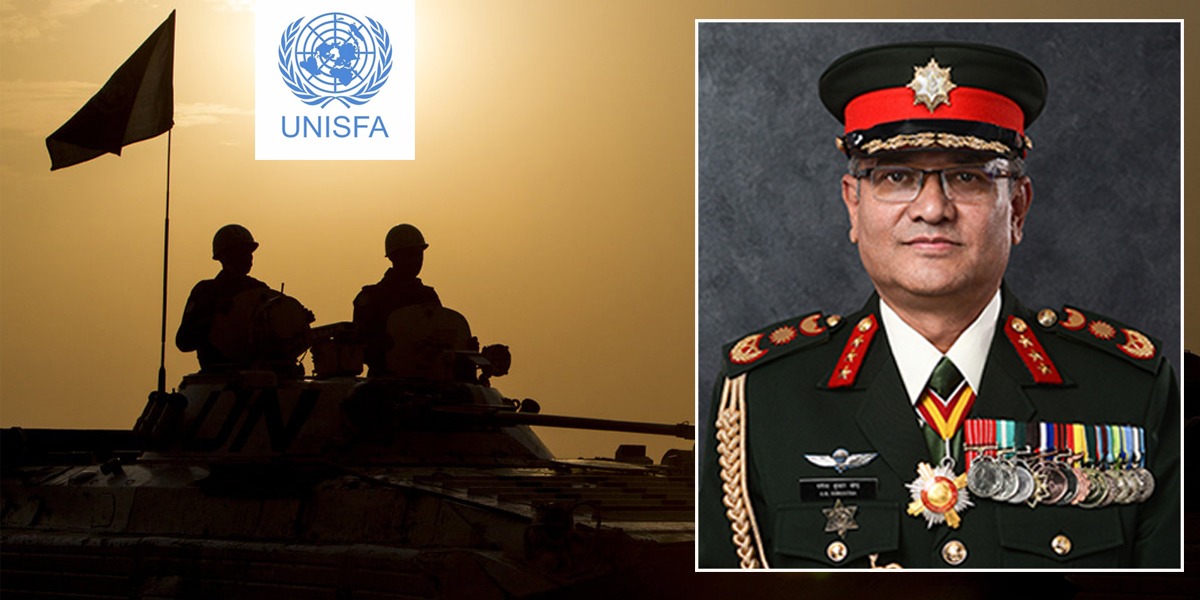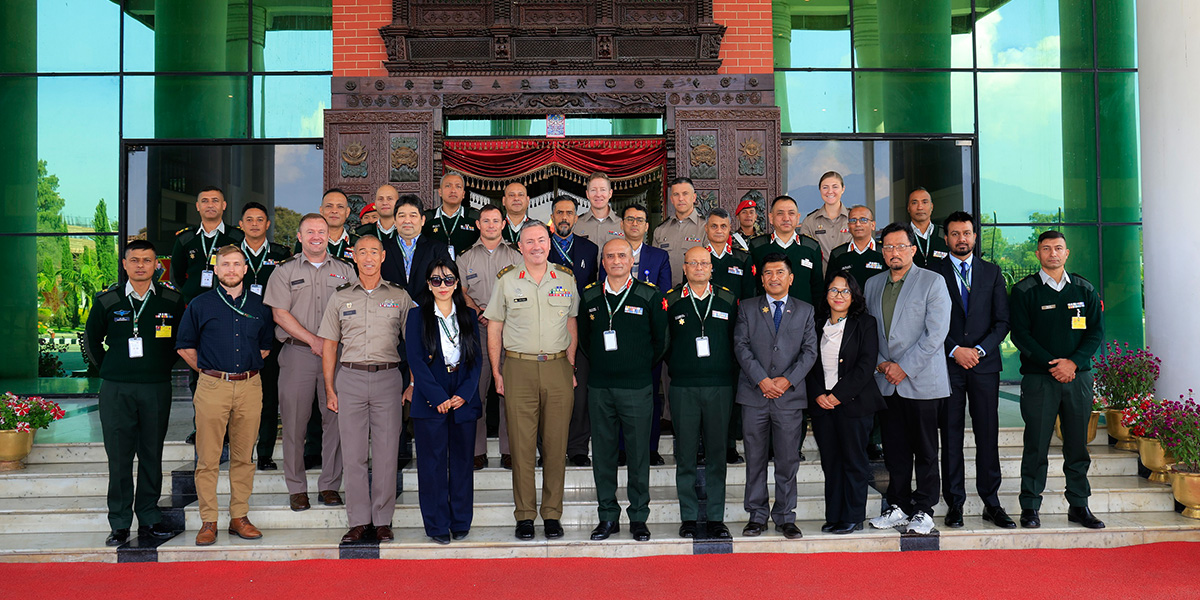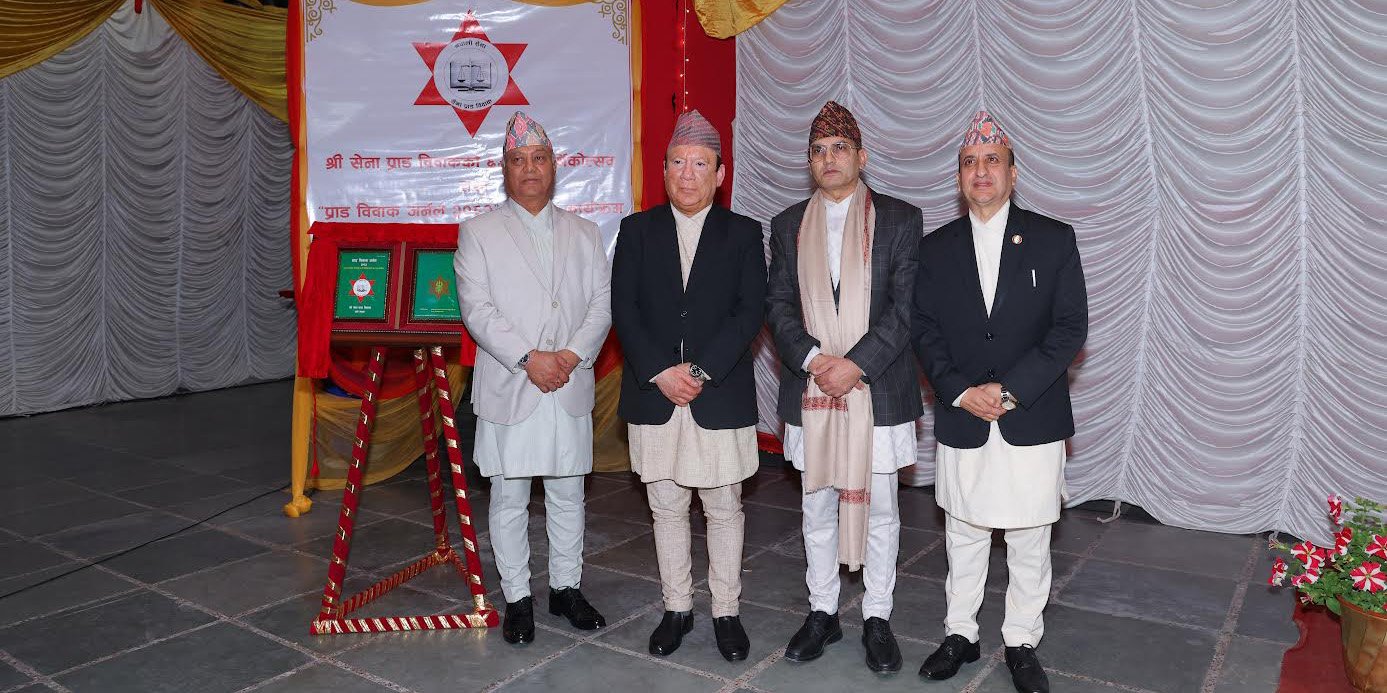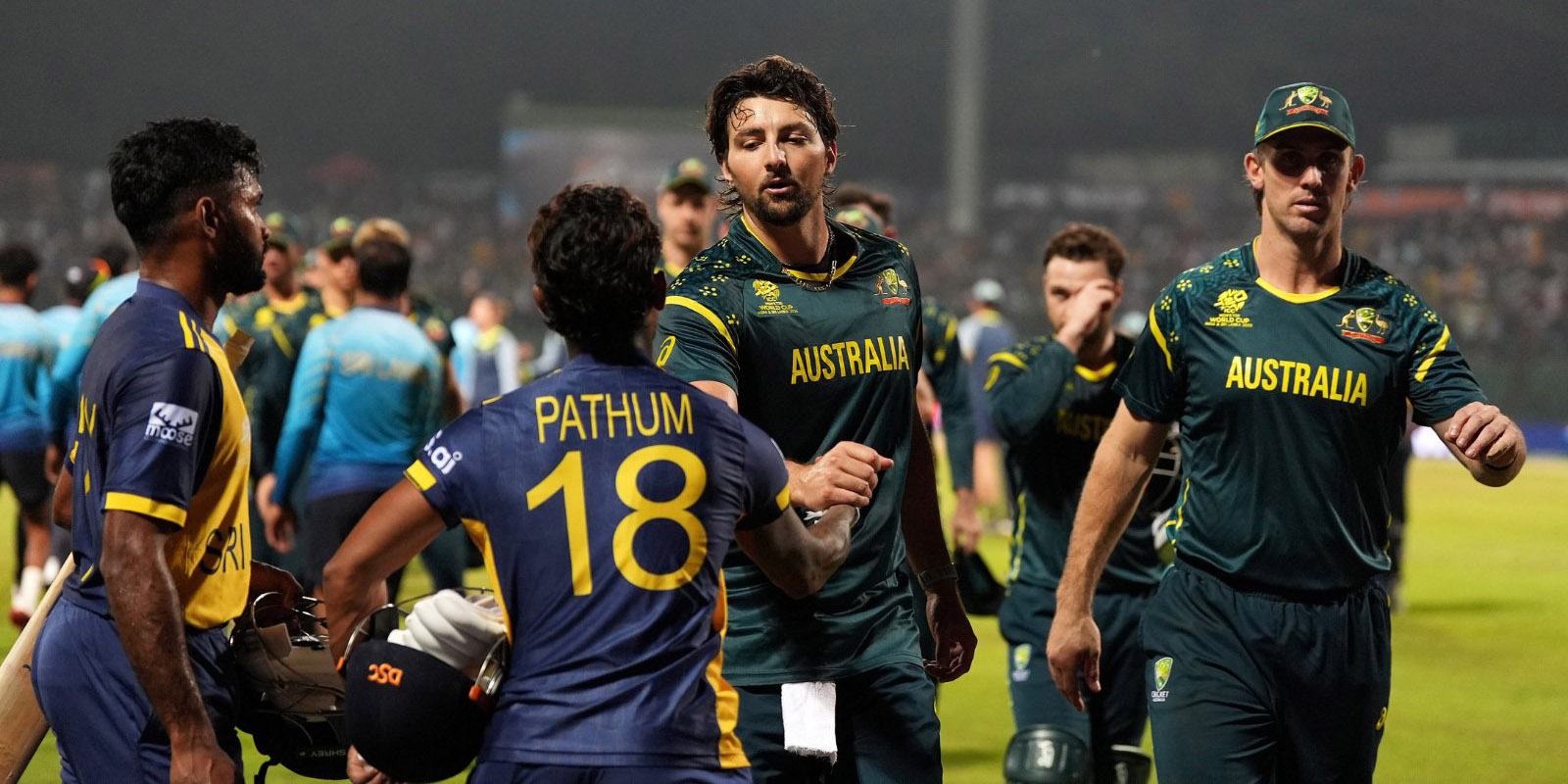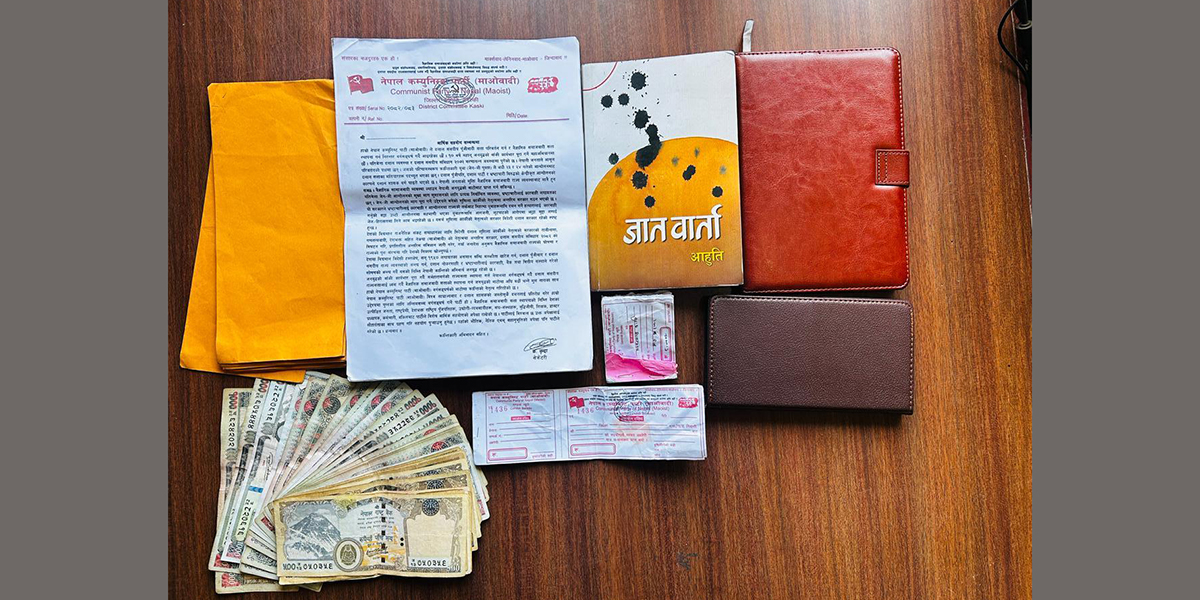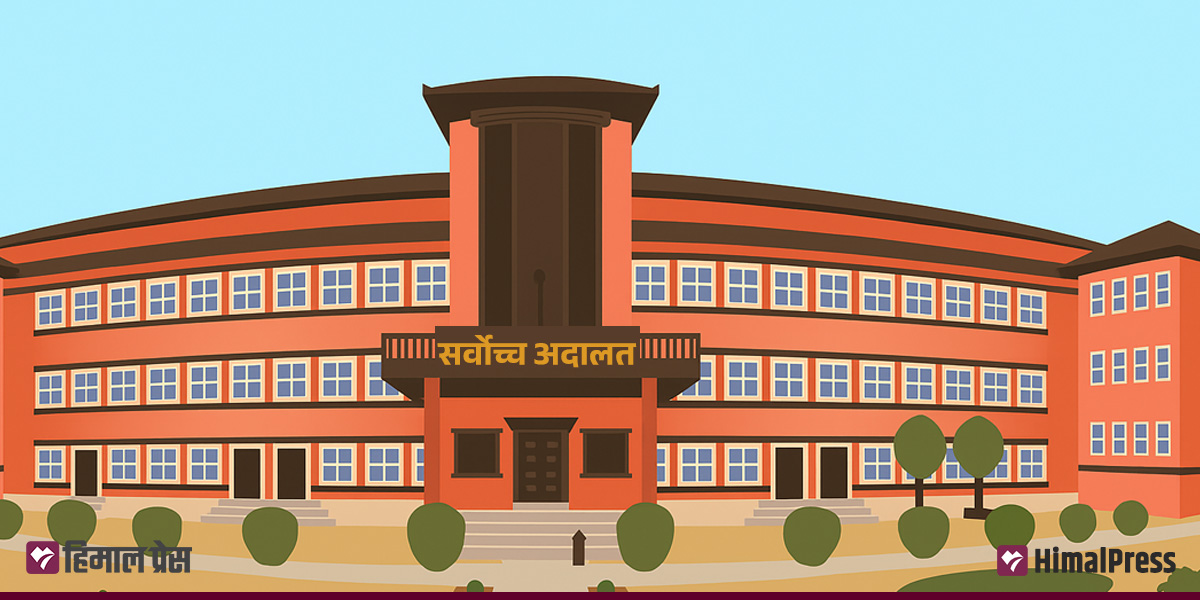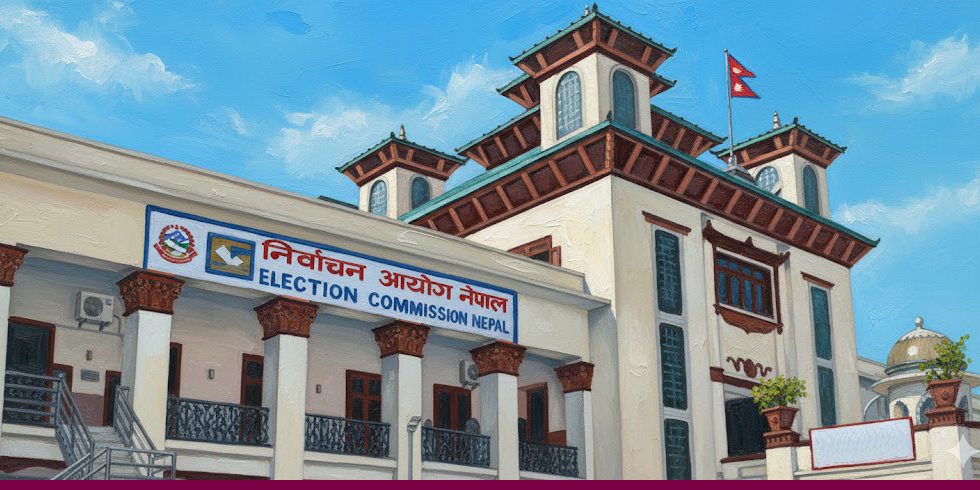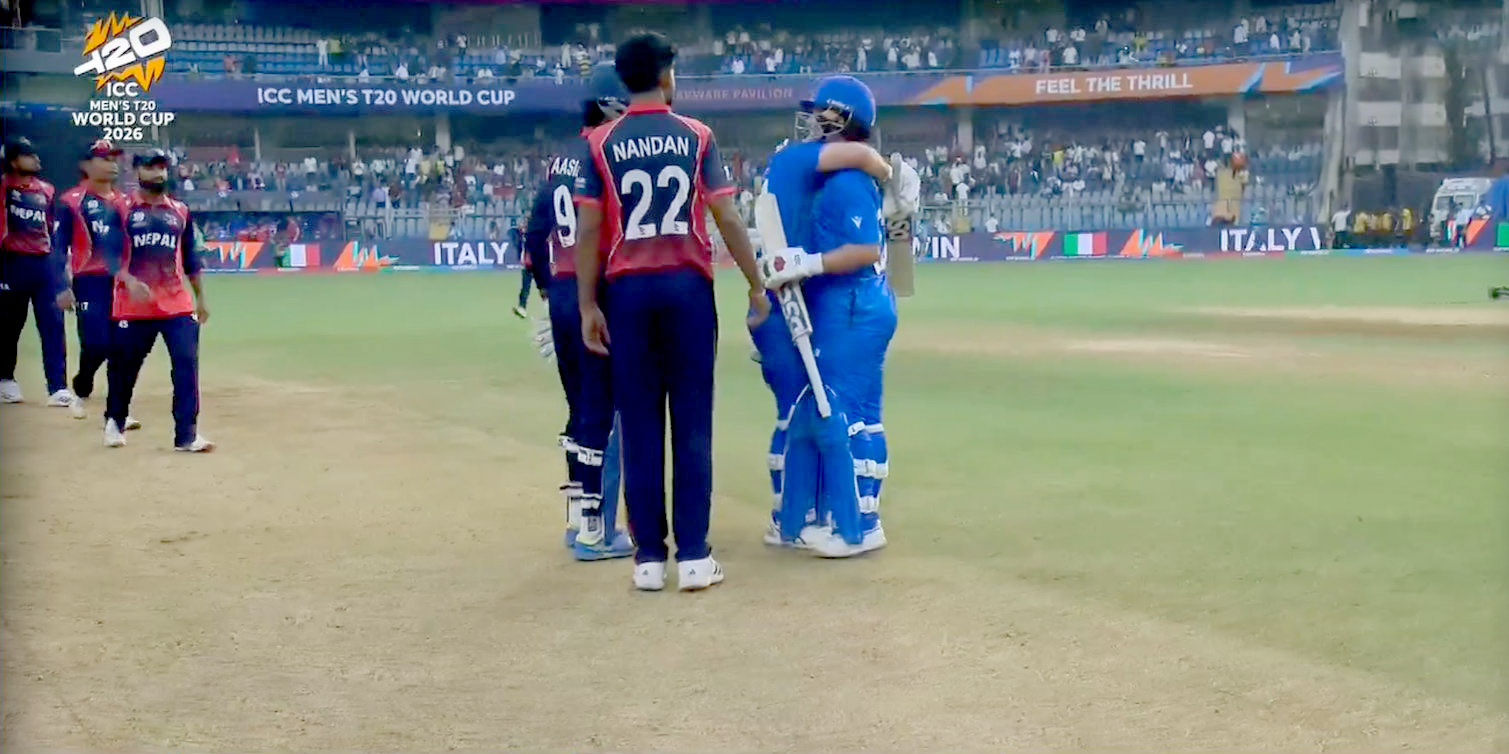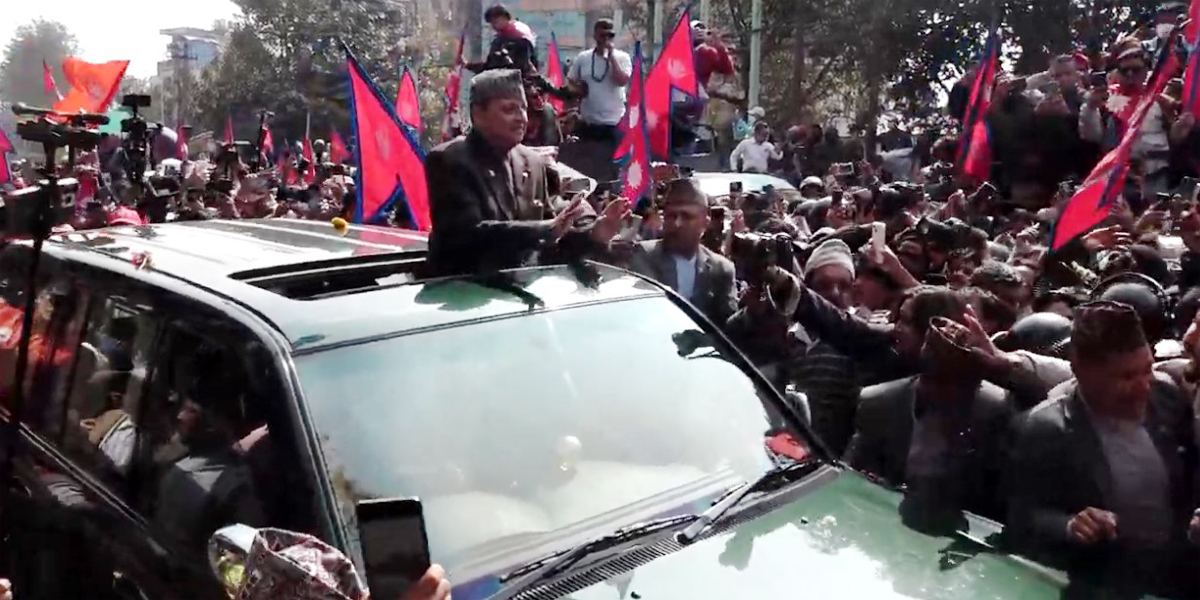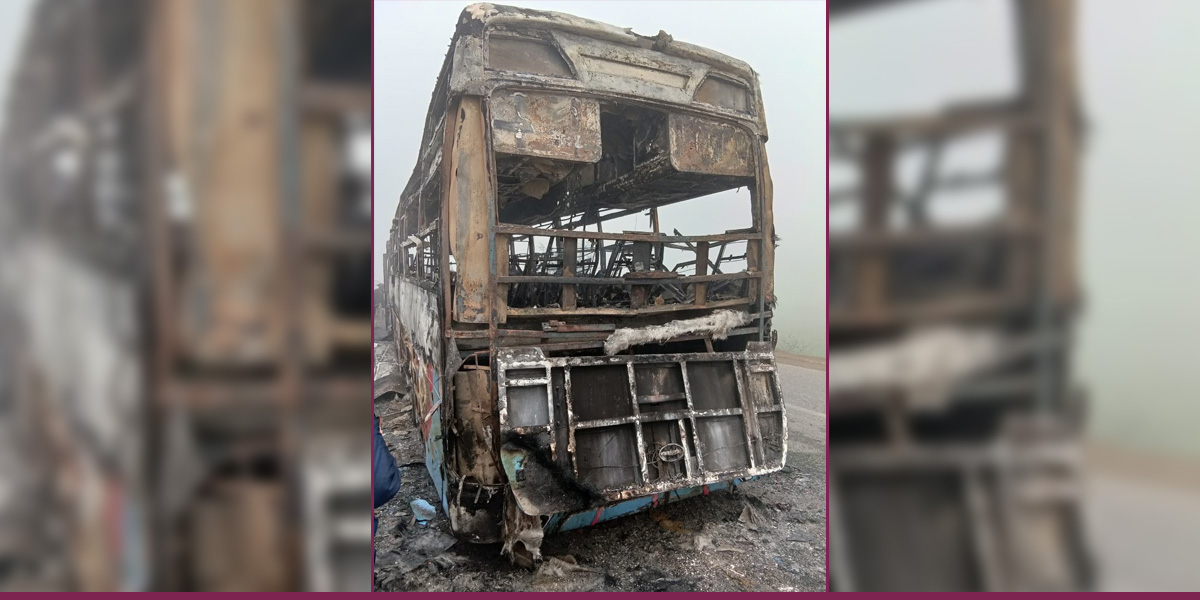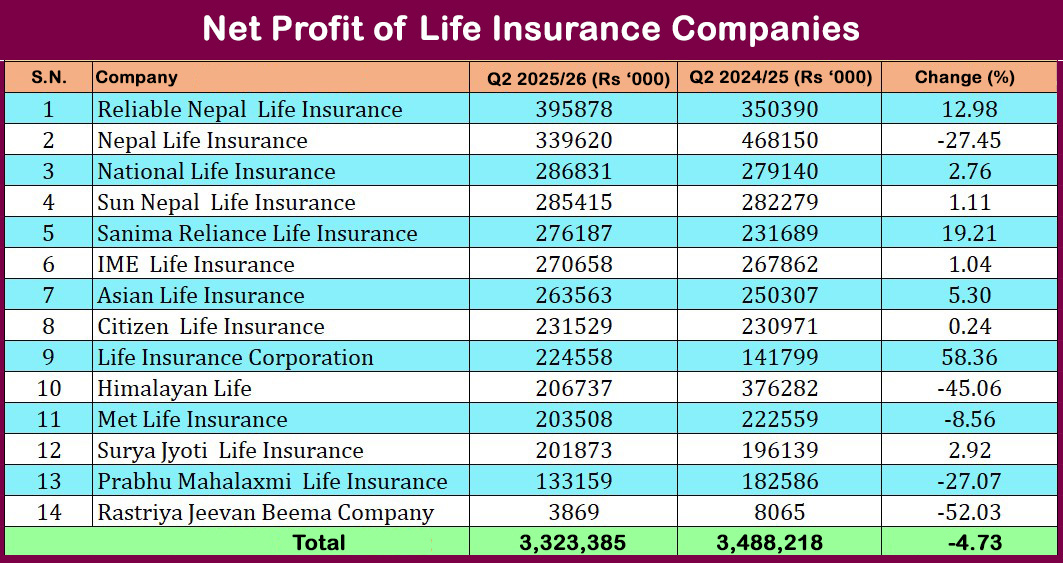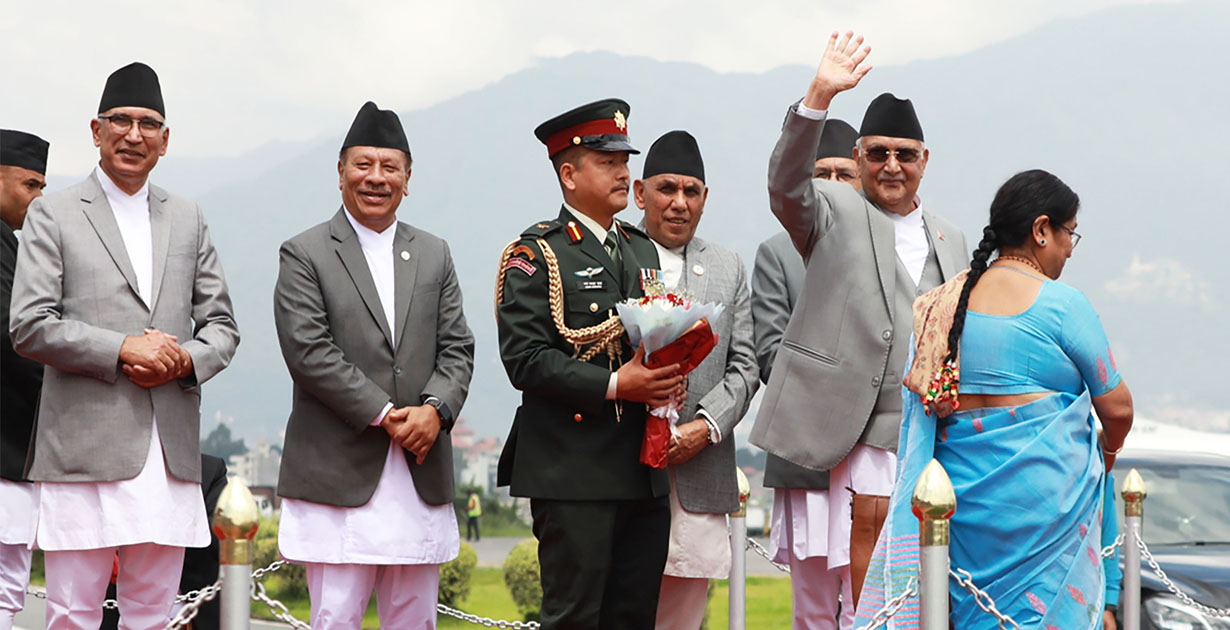 PM Oli at Tribhuvan International Airport in Kathmandu before leaving for New York. Photo: RSS
PM Oli at Tribhuvan International Airport in Kathmandu before leaving for New York. Photo: RSS
KATHMANDU: Nepal Army is at the forefront of peacekeeping forces deployed worldwide. Nepal has shown no hesitation in sending troops for peace missions. Nepali troops have delivered excellent performance on these missions.
However, Nepali troops often work under the command of forces of other countries. This is because Nepal rarely receives high-ranking positions in peace missions. As a result, Nepal’s presence at the policy-making level has remained weak.
A large Nepali delegation is currently in the US to participate in the 79th session of the United Nations General Assembly. The participation will only be meaningful if Prime Minister KP Sharma Oli and Foreign Minister Arzu Rana Deuba raise this issue at the General Assembly. Otherwise, the foreign minister’s three-week trip will be no more than a Dashain vacation. Likewise, PM Oli’s presence in New York would be nothing more than an opportunity to thank his non-resident supporters in Baltimore rather than a significant diplomatic mission.
While the service of Nepali peacekeeping forces has been commendable, the lack of top-tier positions for Nepal Army officers indicates Nepal’s weak diplomatic efforts. Neither the diplomatic corps nor the government has made significant efforts to address this issue. Despite Nepali officials raising the matter during UN Secretary-General Antonio Guterres’ visit to Nepal and other high-level interactions, the UN has not acted on it at the policy-making level.
Nepal must put efforts in securing opportunities to work at the policy level at UN Headquarters, lead important departments, and secure positions such as Force Commander and Sector Commander in peacekeeping missions.
If the Prime Minister raises this issue during the General Assembly, it could have an impact. The Nepal Army provides written suggestions to the Prime Minister every year before the General Assembly. This year also the army headquarters has advised the Prime Minister to raise concerns about the army’s role in peacekeeping missions.
Although Nepal has consistently expressed the need for positions commensurate with its significant role in global peacekeeping, poor political and diplomatic lobbying has prevented the Nepal Army from securing top positions. While Nepali personnel are qualified for leadership roles, the UN has not elevated Nepalis to higher policy-making levels.
The UN’s response has been consistent: Nepal has been given adequate space and roles which may increase in the future. However, the UN, an institution promoting equality, often places officials from wealthy nations in higher positions while relegating those from countries like Nepal to lower ranks. Although the Nepal Army excels in field operations, the lack of Nepali representation at the policy level has been a matter of concern.
Former Chief of Army Staff Prabhu Ram Sharma had earlier said that he had taken initiatives on this matter whenever high-ranking UN officials visited Nepal. He urged the UN to be more flexible and questioned why Nepali troops are deployed in conflict-ridden countries but are not given leadership roles.
Sharma’s predecessor, Purna Chandra Thapa, who served as a Force Commander, also raised this issue multiple times. Another former army chief, Rajendra Chhetri, continues to speak on this matter. These three former army chiefs conclude that army initiatives alone are insufficient and that diplomatic efforts are necessary.
Chhetri attributes Nepal’s lack of top-tier positions in peacekeeping operations to weak diplomatic efforts. “Our diplomatic lobbying is very weak. Nepal must now push for responsibilities in policy-making and decision-making positions at the UN Headquarters,” he added.
According to the UN Peacekeeping Department’s report from July 31, 2024, Nepal ranks among the top contributors of peacekeeping troops. Rwanda, Bangladesh, India, Indonesia, Pakistan, China, Morocco, Ethiopia, and Tanzania follow Nepal in this regard.
Currently, Nepal has deployed 6,119 personnel in different peacekeeping missions, with another 33 serving in personal capacities.
Nepal received its first peacekeeping opportunity a decade after the UN began deploying peacekeepers in 1948. Nepal first sent peacekeepers to Lebanon in 1958.
For over six and a half decades, Nepal has participated in nearly four dozen missions in Europe, Africa, West Asia, island nations, and troubled Asian countries, including neighboring India and Pakistan.
Nepali peacekeepers have served in Egypt, Tajikistan, Kuwait, Iraq, Haiti, Eastern Slovenia, Macedonia, Libya, Kosovo, Sierra Leone, Congo, East Timor, Ivory Coast, Liberia, Syria, Burundi, Georgia, Sudan, Morocco, South Sudan, Israel, Somalia, the former Yugoslavia, and Yemen, among others.
According to the Nepal Army, 153,108 Nepali soldiers have contributed to global peacekeeping efforts. Of these, 73 have lost their lives, and 83 have been injured.
Major General Chitra Bahadur Gurung has served as Assistant Military Advisor at UN Headquarters in New York. Likewise, seven others have served as Force Commanders in different UN missions. They include Major Generals Krishna Narsingh Thapa, Victory Shumsher Rana, Pawan Jung Thapa, Balananda Sharma, Purna Chandra Thapa, and Ishwar Hamal, as well as Lieutenant General Nirmal Kumar Thapa.
Rana also served as Nepal’s ambassador, while Purna Chandra Thapa became Chief of Army Staff. Nirmal Kumar Thapa is currently serving as a Lieutenant General, and Ishwar Hamal retired as a Lieutenant General.

 Himal Press
Himal Press 